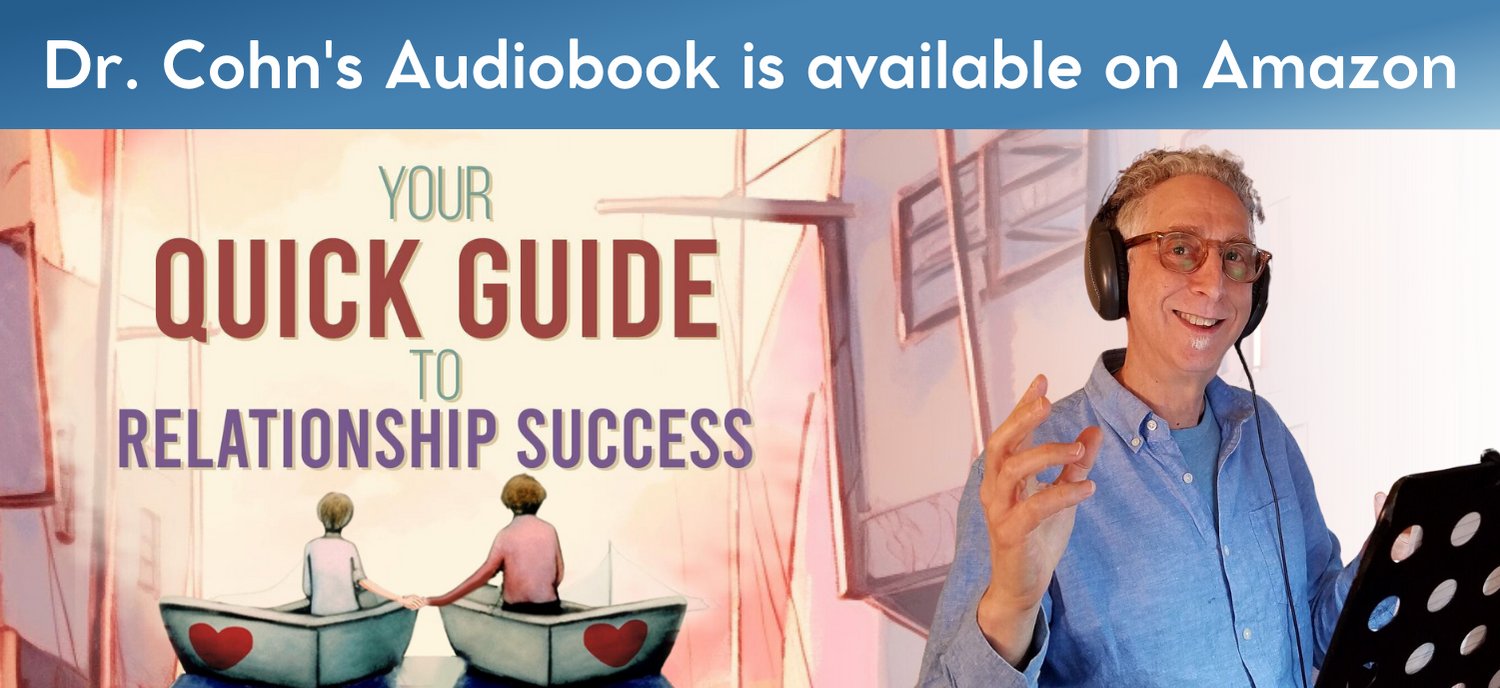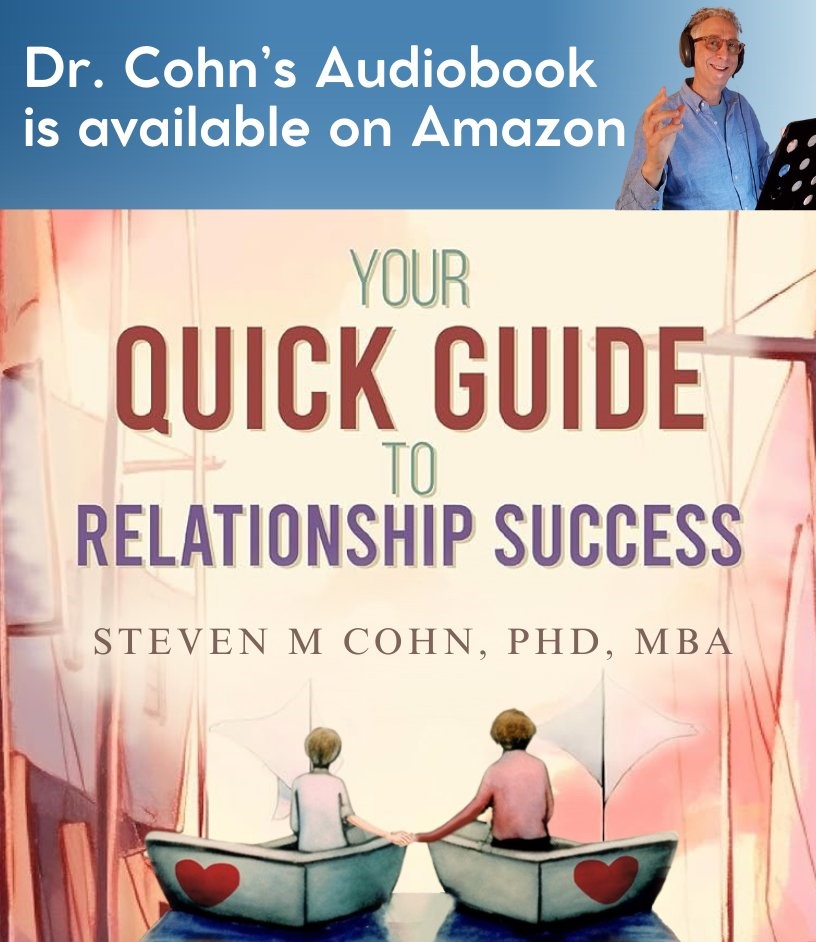- Home
- Infidelity
- Emotional Infidelity
Emotional Infidelity
Protect Yourself from Emotional Infidelity
Many couples wonder about how to protect themselves from emotional infidelity.

Steven M Cohn, PhD, LMFT
Virtual Marriage and Couples Counseling
Serving Clients Throughout Oregon
503-282-8496
Emotional infidelity refers to the breach of emotional commitment or exclusivity in a relationship. Unlike physical infidelity, which involves engaging in intimate acts with someone outside the partnership, non-physical infidelity occurs when one partner develops a deep, emotional connection with someone else. This connection often involves sharing personal thoughts, feelings, and experiences that are typically reserved for the primary relationship.
The impact of feelings-based infidelity can be profound, causing feelings of betrayal, mistrust, and heartbreak. It erodes the foundation of trust that is essential for a healthy relationship, as emotional intimacy is considered a sacred aspect of many romantic partnerships. Signs of emotional infidelity may include secretive communication, prioritizing the emotional connection with someone else over the partner, and a gradual withdrawal of emotional investment from the primary relationship.
Addressing emotional infidelity requires open communication, understanding, and a willingness to rebuild trust. Couples may seek counseling or engage in honest conversations to explore the root causes and work towards healing. Successfully navigating emotional infidelity involves acknowledging the emotional needs of both partners and rebuilding a stronger, more resilient connection based on trust, transparency, and mutual understanding.
Although you cannot usually point to a specific thing that causes all emotional infidelity, you may be interested to know that there are things that correlate to a better chance of one spouse or the other cheating.
The University of Washington and the University of North Carolina at Chapel Hill collaborated on a survey which showed certain predictor variables. Their results showed that a previous divorce, educational level, age when first married, income, and work status all play a role in predicting infidelity.(1)
Just because you and your partner have some of the predictive factors doesn’t mean that you will definitely experience emotional infidelity. There are ways to teach fidelity, as shown in a study from the University of Colorado at Boulder. Fidelity can be promoted by learning the truth about infidelity rather than relying on myths, confronting your partner about his or her choices, promoting emotional closeness, and understanding both your own and your partner’s learned attitudes about marriage and fidelity.(2)
Another way of avoiding emotional infidelity is through religious involvement. A study of couples who were highly religious as Christians, Jews, or Muslims showed four basic ways in which religion promoted marital fidelity. First, religious belief and practice sanctified their marriage and improved marital quality. Second, Religious vows and involvement fortified marital commitment to fidelity. Third, religion strengthened the couples’ moral values. And finally, religious involvement improved spouses’ relationship with God, encouraging them to avoid actions they believed would displease God.(3)
It is important to note that not everyone who commits marriage infidelity will admit to it to his or her spouse, or even to a researcher. For this reason, it is tough to get a realistic idea of exactly how many people actually cheat. The New York Times reports that one study asked 4,884 married women about infidelity (both in person and online). In person, only 1% of the women admitted marriage infidelity, while online, 6% of these same women admitted to an affair.(4)
This same New York Times article points out that there appears to be a shift in the prevalence of emotional infidelity. The National Science Foundation based at the University of Chicago has been conducting an ongoing study since 1972, tracking the opinions and social behaviors of Americans. This General Social Survey shows that in any given year, about 10% of married people will cheat, 12% of men and 7% of women. Looking more closely at the data reveals some surprising facts. Men over 60 most recently show a lifetime rate of infidelity at 28%, while just 17 years ago, the rate was 20%. For women over 60, the rate has changed from 5% to 15%. Experts point to better health care and the availability of drugs such as Viagra and hormonal replacement as reasons for the change.
Even if you have been married for years, if you feel you are at risk for marriage infidelity, or if you have discovered that your spouse is being unfaithful, I urge you to seek the help of a Relationship Specialist to determine how you can save your marriage or how you can dissolve the relationship in the healthiest way possible.
End Notes
(1) Atkins, David C., Jacobson, Neil S., and Baucom, Donald H. Understanding Infidelity: Correlates in a National Random Sample. Journal of Family Psychology 15(4): 735-749, 2001.
(2) Pittman, Frank S., Wagers, Tina Pittman. Teaching Fidelity. Journal of Clinical Psychology 61(11): 1407-1419, 2005.
(3) Dollahite, David C., and Lambert, Nathaniel M. Forsaking All Others: How Religious Involvement Promotes Marital Fidelity in Christian, Jewish, and Muslim Couples. Review of Religious Research 48(3): 290-307, 2007.
(4) Parker-Pope, Tara. Love, Sex and the Changing Landscape of Infidelity. The New York Times, October 28, 2008.
Share
Follow

Steven M Cohn, PhD is honored to have been featured on CNBC.com.

Steven M Cohn, PhD is pleased to have been featured on Koin 6 Television: "Boost In The Bedroom."

Steven M Cohn, PhD is pleased to have been featured on both KATU.com and KATU Channel 2 Television.

Steven M Cohn, PhD is pleased to have been featured on Oregon Live "Why Oregon's Latest Divorce Statistics May Be Divorced From Reality"

Steven M Cohn, PhD, MBA, LMFT has been named one of the top three marriage counselors in Portland, Oregon three years in a row by the non-profit organization Three Best Rated
Did Your Husband, Wife, or Intimate Partner Cheat on You?
Don't let infidelity, an affair, or a one-night stand destroy your relationship.
With professional intervention it is often possible to work through the pain of betrayal and come out stronger on the other side.
Steven Cohn, PhD is a seasoned Relationship Specialist with extensive experience in working with couples struggling to recover after an affair.
503-282-8496




